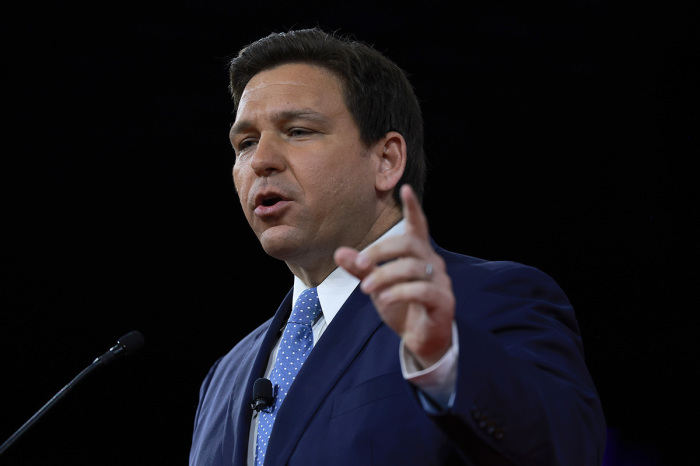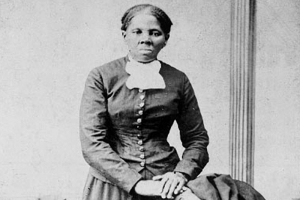Florida's 15-week abortion ban reinstated despite injunction

A Florida law that bans most abortions after 15 weeks into a pregnancy will be allowed to take effect even after a judge blocked the measure Tuesday.
Although Leon County Circuit Court Judge John C. Cooper issued an order temporarily blocking the law over state constitutional concerns, the state government's appeal triggers an automatic stay of the order under state law.
The 15-week ban, known as House Bill 5, was signed into law earlier this year and is being challenged by the American Civil Liberties Union, the ACLU of Florida, the Center for Reproductive Rights, Planned Parenthood Federation of America and the law firm Jenner & Block.
In a joint statement released Tuesday, the pro-choice groups denounced the ban, arguing that it will "continue to harm pregnant people until it is blocked."
"Since last Friday, women and other people who can become pregnant have been forced into a second-class status by HB 5, which denies them the right to make decisions about their bodies, their health care, and their futures," the organizations stated.
"Everyone deserves the ability to access the abortion care they need, and we'll continue fighting for that right with every tool at our disposal."
In April, before the U.S. Supreme Court overturned Roe v. Wade, Florida Gov. Ron DeSantis signed HB 5 into law. The measure took effect on July 1.
Also called the Reducing Fetal and Infant Mortality Act, the new law banned abortions performed after 15 weeks, except for life-threatening medical emergencies or severe fetal deformities.
At the bill signing ceremony in Kissimmee, DeSantis said he believes the law will significantly increase protections for unborn human life in the Sunshine State.
"House Bill 5 protects babies in the womb who have beating hearts, who can move, who can taste, who can see, and who can feel pain," he said.
"Life is a sacred gift worthy of our protection, and I am proud to sign this great piece of legislation which represents the most significant protections for life in the state's modern history."
Cooper ruled that the Supreme Court's overturning of Roe has no impact on the lawsuit in state court because Florida law explicitly includes a right to privacy.
"The right to privacy under the Florida Constitution is 'much broader in scope' than any privacy right under the United States Constitution," Cooper wrote.
Florida is one of several states that has enacted restrictions on abortion access after the Supreme Court ruled last month in a 6-3 decision that abortion is not a constitutional right. The ruling effectively overturned the legal precedent set in the 1973 case Roe v. Wade which found that the 14th Amendment's right to liberty protected the right to privacy and a right to abortion nationwide.
In the decision handed in Dobbs v. Jackson Women's Health Organization, the Roberts court ruled that the Constitution doesn't confer a right to abortion and reinstituted the ability of states to decide whether to ban the abortion procedure.
The Dobbs case centered on Mississippi's Gestational Age Act, a state law passed in 2018 that also banned most abortions after 15 weeks into a pregnancy.
Mississippi's lone abortion clinic, Jackson Women's Health Organization, recently announced that it will close this week after a state judge refused to block Mississippi's trigger law that institutes a near-total ban on abortion.
The trigger law was passed in 2007 and takes effect 10 days after the attorney general verified that the Supreme Court struck down Roe v. Wade. Attorney General Lynn Fitch certified the law on June 27.
The law makes it a felony to perform or attempt to perform an abortion and is punishable by up to 10 years in prison.
Chancery Judge Debbra K. Halford denied JWHO's request for a stay on the ban, prompting the clinic to say it would shutter at the close of business on Wednesday.





























